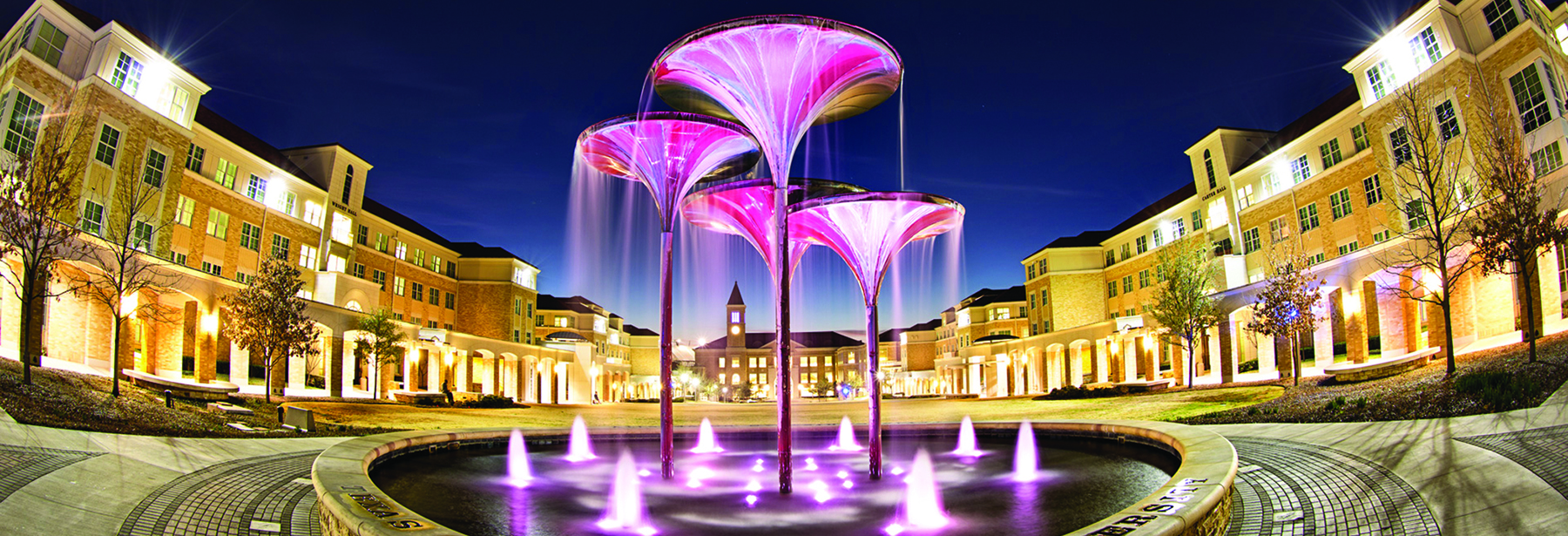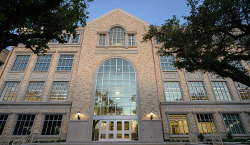Dr. Jeff Stratman and Dr. Morgan Swink were interviewed by the Fort Worth Business Press, and Dave Malenfant was featured on ABC DFW news.
May 05, 2020
By Elaine Cole
“It sends a powerful message to consumers who walk into a grocery store and see empty shelves. It creates an irrational fear that I’ve got to get this for my family or it will be gone,” Jeff Stratman, department chair and professor of information systems and supply chain management at the TCU Neeley School of Business told the Fort Worth Business Press. “It’s basic human behavior of trying to control something when you are facing something you can’t control, like COVID-19.”
Even after the initial rush to stockpile, shoppers continue to be spooked by announcements of more cases and deaths in the Dallas-Fort Worth area from coronavirus,” writes Marice Richter.

“It’s a classic situation – a demand-supply mismatch,” said Morgan Swink, executive director of the TCU Neeley Center for Supply Chain Innovation. “What we’re seeing is an anomaly that moves up and down the supply chain,” Swink said. “When people stop over-reacting, the demand can be satisfied.”
Swink said that grocery stores and big-box retailers no longer stockpile large inventories in today’s just-in-time supply chain system, which has improved efficiency, eliminated waste and improved profits, but also caused the system to be unable to respond as quickly as it might have 10 years ago.
Read the entire Fort Worth Business Press article here: https://fortworthbusiness.com/health-care/supply-chain-pain-covid-19-sends-consumers-into-hoard-mode/.
Dave Malenfant, outreach director for the TCU Neeley Center for Supply Chain Innovation, told WFAA-ABC news that supply chains have to control demand. “How do we control the demand? You can only have two packages of toilet paper. You can only get this many of this item,” he said.
“In my career, we've always built in models for the hurricane season: ‘Here's what we're going to do from the standpoint of supply chain to accommodate the hurricane season.’ This [the COVID-19 pandemic] is something that has never been anticipated,” Malenfant said.
Watch the WFAA-ABC news clip here: https://www.wfaa.com/article/news/health/coronavirus/supply-chain-problems-plenty-of-vegetables-not-enough-toilet-paper/287-9ae0415e-cb4b-4e2b-8383-cb1d4e27fa17



